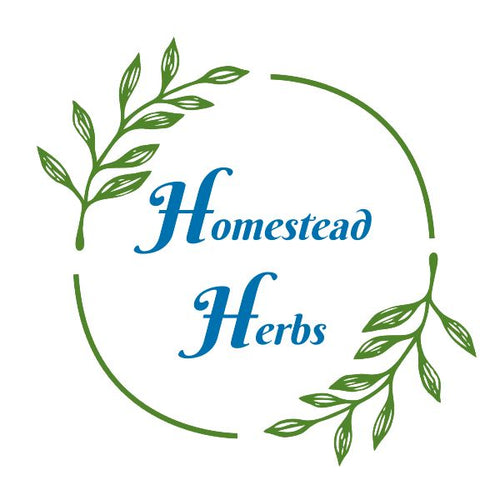Benefits of Echinacea
Echinacea has been valued for centuries as a traditional herb, often recognized for its unique purple blossoms and its long history of use in herbal wellness. Today, many people turn to echinacea tinctures, teas, and capsules as a natural way to support overall well-being.
A Traditional Herb with Deep Roots
Echinacea, sometimes called "purple coneflower," is native to North America and was widely used by Indigenous communities for various purposes. Over time, it became a staple in Western herbal traditions as well.
Potential Benefits of Echinacea
While ongoing research continues to explore the many ways echinacea may support health, here are a few commonly discussed benefits:
-
Seasonal Support
Echinacea is often associated with wellness during the changing seasons, when people seek out ways to feel their best. -
Overall Immune Balance
Herbal enthusiasts often choose echinacea to help maintain general immune system balance. -
Antioxidant Properties
Echinacea contains natural plant compounds such as flavonoids, which act as antioxidants. Antioxidants play an important role in protecting the body from oxidative stress. -
Tradition in Herbal Wellness
Beyond its immune associations, echinacea is valued for its grounding place in herbal wellness traditions that emphasize balance and natural support.
Different Ways to Use Echinacea
-
Tinctures – Convenient liquid extracts that can be added to water or tea.
-
Herbal Teas – A soothing and aromatic way to enjoy echinacea.
-
Capsules or Tablets – A simple option for daily routines.
Final Thoughts
Echinacea continues to be one of the most popular herbs worldwide, cherished for its versatility and history of traditional use. Whether enjoyed as a tincture, tea, or capsule, it’s a wonderful plant ally for those who appreciate the wisdom of herbal traditions.
Disclaimer: This information is for educational purposes only and is not intended to diagnose, treat, cure, or prevent any disease. Always consult with a qualified healthcare professional before starting any new herbal routine.

